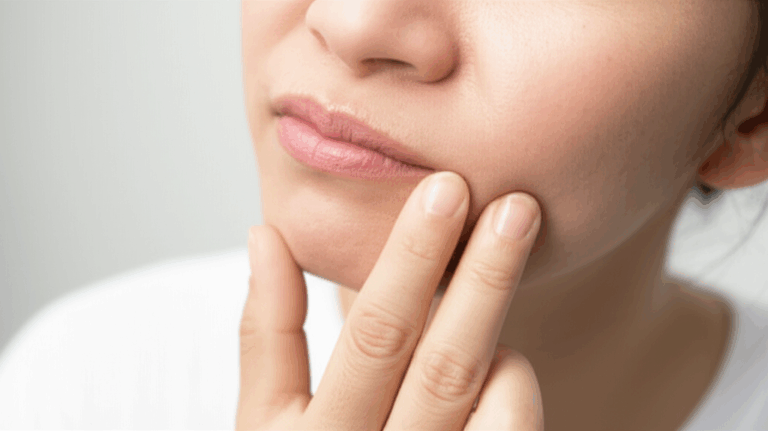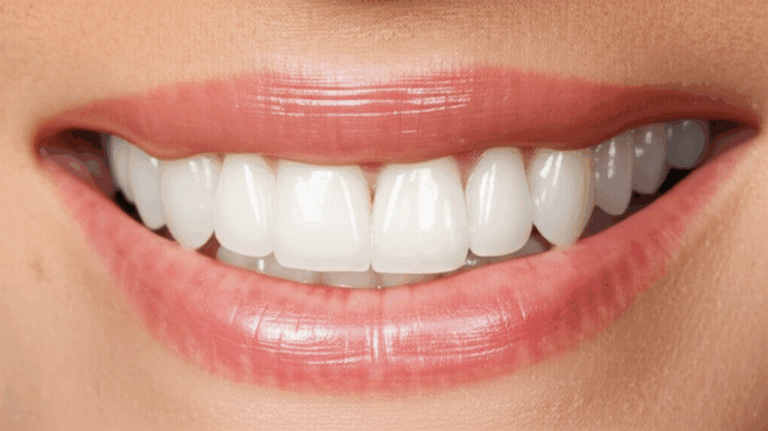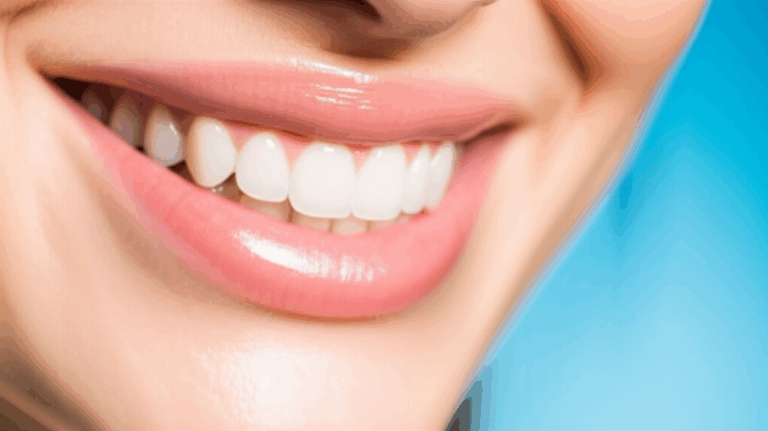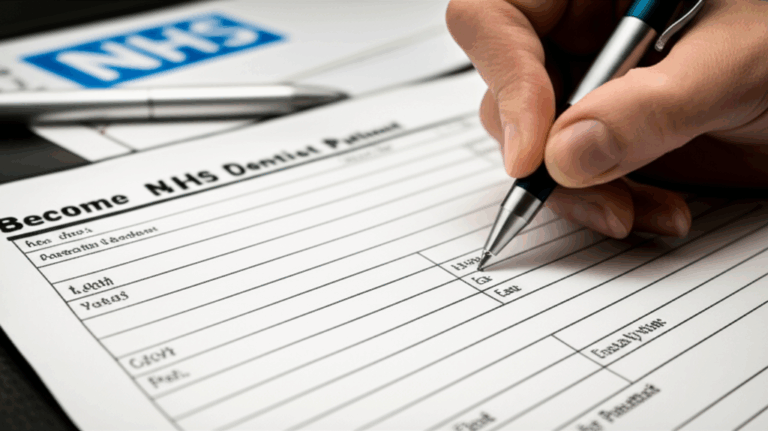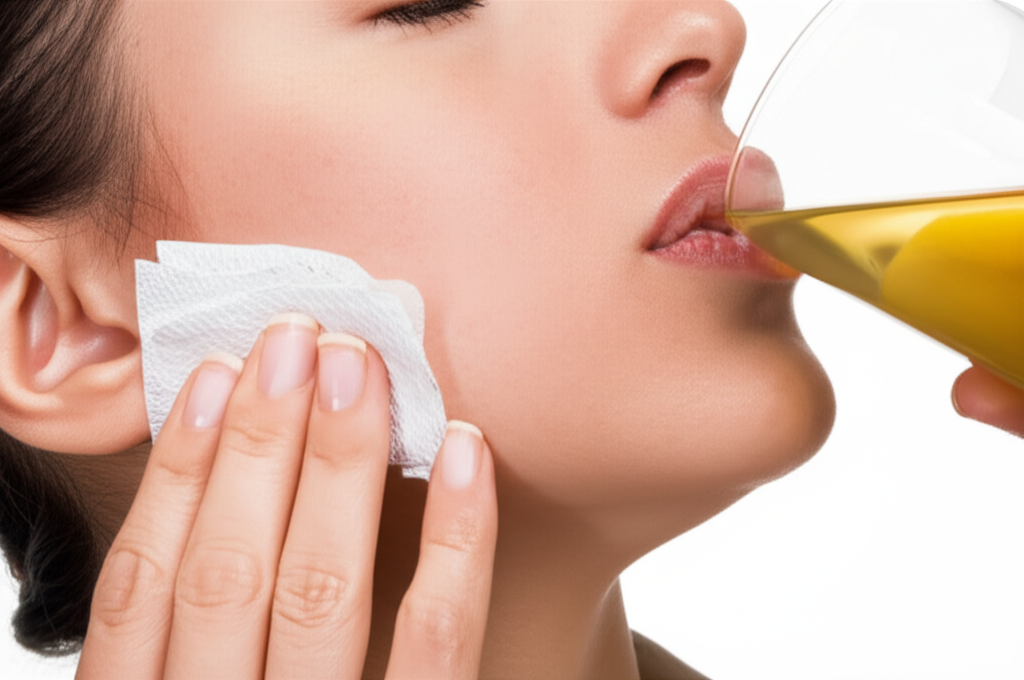
How to Get Rid of Dental Numbness Fast: Quick Tips & What to Expect
That droopy, tingly feeling you get after the dentist—when your lips, cheek, or even half your tongue goes numb—can be pretty annoying. If you’ve ever watched yourself in the mirror trying (and failing) to whistle or drink after a filling, you know what I mean. Maybe you’re here now, hoping to find ways to get rid of numbness after the dentist fast. You’re not alone. Dental numbness almost always happens after a filling, root canal, or tooth pulled, and it can hang around longer than you want. So what can you do, right now, to help it wear off faster—and what’s normal, anyway? Keep reading, and I’ll walk you through it, step by step.
In This Article
- What Causes Dental Numbness & How Long Does It Usually Last?
- Quick & Safe Strategies to Speed Up Recovery
- What You Shouldn’t Do When You’re Numb
- When Is Numbness NOT Normal? (Red Flags to Watch For)
- FAQs: The Practical Stuff You Need to Know
- Takeaway Tips for a Healthy Recovery (and a Happier Next Visit)
What Causes Dental Numbness & How Long Does It Usually Last?
Why Are My Lips, Cheek, or Tongue Still Numb After the Dentist?
Here’s what’s going on: Dentists use local numbing medicines—like lidocaine, articaine, or sometimes novocaine—to stop you from feeling pain during dental work. These medicines block the nerve cells in your mouth, so you don’t feel pain.
These numbing medicines work quickly, but how long they last depends on things like:
- Type of numbing medicine used:
For example, articaine works fast and can keep your mouth numb for 2-6 hours, while bupivacaine can last up to 9 hours (usually for bigger surgeries).
- If it has a “vasoconstrictor”:
Stuff like epinephrine makes your blood vessels get smaller, keeping the medicine in place longer and making the numbness last.
- How much and where it’s injected:
Shots near the thick jawbone often last longer than those in your upper jaw.
- Your own metabolism:
Some people clear out these medicines faster. Others need to wait it out.
You might feel numbness in your lip, cheek, chin, or tongue, depending on where the dentist worked. For instance, work on your lower back teeth often leaves the whole side of your face feeling numb for a while—even for small fixes.
Quick Science Snapshot
Imagine your mouth as a town with tiny roads (nerves) that carry messages (like the mail). A numbing shot blocks the road, so messages (like pain) can’t get through until the block is gone—and sometimes, the road isn’t clear as fast as you’d like.
The “Normal” Timeline
- Lidocaine/Novocaine: Numbness for 2–5 hours (lips, cheek); 1–2 hours for the teeth themselves
- Articaine: 3–6 hours for lips and cheeks
- Bupivacaine: 4–9 hours (used for longer procedures like wisdom teeth removal)
- OraVerse (Phentolamine): A special medicine (if used) can make numbness go away about 1.5–2.5 hours sooner
If you stay numb longer than 4–6 hours, that’s on the longer side but often still normal. Still numb after 24 hours? Call your dentist. Most problems clear up with time.
For more info on dental procedures, check out advanced options from a digital dental lab or a crown and bridge lab.
Quick & Safe Strategies to Speed Up Recovery
You want the numbness gone—now what really helps? While you can’t make it disappear right away, you can help your body break down and get rid of the numbing medicine a little faster. Here’s what to try:
1. Get Your Blood Moving
Blood carries the numbing medicine away from the spot. More blood flow might help the feeling come back sooner.
Gentle Face Massage
Rub the numb cheek, jaw, or lip with clean hands in small circles. This brings more blood to the area and could help those nerves “wake up.”
Warm Compress
Hold a warm (not hot!) washcloth or heating pad to the outside of your cheek. Warmth makes blood vessels open up more, like turning on a warm faucet.
Move Around (But Go Easy!)
Stand up, walk around your house, or take a short walk. Moving around helps your blood flow all over.
Chewing Sugar-Free Gum
Once your jaw feels steady, try chewing some sugar-free gum. This gets your mouth muscles moving and may wake up the nerves. Don’t chew if you still feel clumsy or can’t move your jaw right.
Looking for more help after dental work? Some labs, like a zirconia lab, give you good options for getting back to chewing and eating faster.
2. Drink Water
Drink lots of water to help your body get rid of the medicine. Sip slowly if you’re still numb so you don’t choke. Use room temperature water (not hot!), so you don’t burn yourself.
3. Eat Soft Foods
Until your mouth feels normal again, stick to soft, easy foods like yogurt, mashed potatoes, or applesauce. This keeps you from biting your numb lip or cheek—a common mistake. Avoid spicy or sour foods since they can bother your gums.
4. Keep Calm and Distract Yourself
It’s normal to feel annoyed waiting for feeling to come back. Try to relax—your nerves just need a little time. Read, watch TV, or do an easy chore to make time go by.
5. Ask About Medical Reversal
Some dentists can use OraVerse (phentolamine mesylate) right after your treatment. This special medicine can make the numbness go away sooner. It’s not for everyone, especially young kids, and not all dentists use it. But you can ask about it before your next appointment if getting feeling back fast is important.
6. Light Exercise (If You Feel Steady)
Moving your body with easy exercise (like walking) can help your body get rid of medicines. Don’t do anything hard if you feel dizzy.
7. Don’t Drink Alcohol or Hot Drinks
Alcohol and hot drinks are not safe if you’re numb. You might burn or hurt your mouth and not know it. Stick with cool or room temp drinks until you feel everything again.
What You Shouldn’t Do When You’re Numb
While you wait for the numbness to wear off, don’t do things that could hurt you. Here’s what to avoid:
Biting, Chewing, Sucking, or Picking
If your mouth is numb, you won’t feel if you’re biting your cheek or tongue—until it really hurts later. Don’t chew tough or sticky foods. And don’t play with your lip or cheek!
Hot or Icy Foods and Drinks
If you can’t feel, you can’t tell temperatures. Hot foods and drinks could burn you badly, and you wouldn’t notice until later.
Driving or Using Machines
Numbing shots can sometimes mess with your speech or muscle control. Most people can drive home after small procedures, but if you feel off-balance or still really numb, don’t risk it.
Unsafe “Tricks” to Speed Things Up
You may see online ideas like drinking hot coffee, slapping your face, or using numbing creams. Don’t do these—they can make things worse. Stick with safe methods and talk to your dentist if you need help.
When Is Numbness NOT Normal? (Red Flags to Watch For)
Usually, numbness after dental work is no big deal. But if it lasts much longer than normal or you notice anything else strange, call your dentist. Here’s when to get help:
The “Wake-Up Call” Checklist
- Numbness lasts more than 6–8 hours:
Numbness from fillings or small extractions should be gone before this. Still numb after 12 hours? Call your dentist.
- Still numb after 24 hours:
Could mean a rare nerve problem from the shot.
- Numbness is getting worse, not better:
Or if you get tingling, burning, or pain instead of just numbness.
- Face drooping, weakness, or you can’t move it right:
This could be a nerve injury—call your dentist right away.
- Trouble breathing or swallowing, or bad swelling:
This is an emergency—get help right now.
- Pain, swelling, redness, fever, or oozing:
Might be an infection.
- You bit yourself and it gets sore or puffy:
Sometimes you hurt your lip or cheek and don’t notice until later. If it gets worse, see your dentist.
If you’re not sure if it’s normal, don’t wait. Dentists prefer getting a call about a false alarm than missing a real problem.
FAQs: The Practical Stuff You Need to Know
How can I tell if my numbness is wearing off?
When the feeling comes back, most people first feel tingling or “pins and needles”—like a foot waking up after it goes numb. It might feel strange, but that’s normal.
Will coffee or caffeine help?
Caffeine does boost circulation, so a cold drink with caffeine (like iced tea or soda) might help a little. But don’t drink anything hot while you’re numb—or you could burn yourself.
Can chewing gum help speed it up?
Chewing sugar-free gum, gently, can help wake up the muscles in your face. Just don’t bite hard or chew if you can’t control your mouth yet.
Is tingling, burning, or a “funny” feeling normal while waking up?
A little tingling or funny feeling is normal while the numbness goes away. But if you also have pain, burning, swelling, or notice your face looks weird, call your dentist.
How do I avoid biting my lip or cheek while still numb?
Eat soft foods, chew on the side that’s not numb, and be extra careful with kids (they bite their lips by accident a lot when numb).
What if my numbness isn’t going away?
Most numbness clears up in a few hours. Very rarely, numbness can last longer (a problem called “paresthesia”). Most of these get better within a few weeks to a few months. No change after 24 hours? Call your dentist.
Can I stop numbness from lasting too long next time?
- Tell your dentist if you’re sensitive to numbing medicine or want it to wear off faster.
- Ask if a smaller dose or different type of numbing shot can be used.
- Ask about OraVerse to reverse it, if that’s something you want.
- Share if you’ve ever had numbness last too long before—some dentists can use different ways to lower the risk.
Takeaway Tips for a Healthy Recovery (and a Happier Next Visit)
Quick Recap:
- Dental numbness is almost always temporary—expect 2–6 hours for most visits.
- Help it wear off with gentle movement, warm compresses, drinking water, and patience.
- Don’t eat, chew, or drink hot drinks until you feel normal again.
- Call your dentist if the numbness lasts too long, gets worse, or you have new symptoms.
- For next time, ask about reversal medicine or different numbing shots if you want a quicker recovery.
Empowering Next Steps:
- Don’t Hesitate to Call Your Dentist with any worries or questions.
- Keep track of how long your numbness lasts and talk about it with your dentist next time.
- Keep your teeth clean, even if brushing feels weird—just be gentle.
- After you recover, you can look into other treatments with good dental labs, like a veneers lab, for a better-looking smile.
- Always tell new dentists if you’ve had issues with numbness so they can use the best techniques for you.
Who Is Most Likely to Have Lingering Numbness?
Anyone can get numbness that lasts longer than they hoped, but it’s more likely with bigger work on your bottom jaw (like wisdom teeth out or a big root canal). People with slow metabolism (often older adults) might also notice longer effects. But serious problems are very rare.
The Bottom Line
Numbness after a dentist visit might make your face feel funny, but it goes away for almost everyone, usually fast. Be patient and gentle with yourself—and that silly-looking smile in the mirror. With a little care, you’ll be back to normal eating, drinking, and talking pretty soon.
Remember: your dentist is here to help, and there’s no silly question. Whether you want to know about healing time, new dental tools, or how to get the best-looking teeth from a great dental lab, you can always be involved in your own care.
Stay smart, stay active—and keep smiling, numb or not!
Sources: American Dental Association, Journal of the American Dental Association, manufacturer clinical data for OraVerse (phentolamine mesylate). This guide does not replace professional dental advice; always check with your dentist for personal info.

